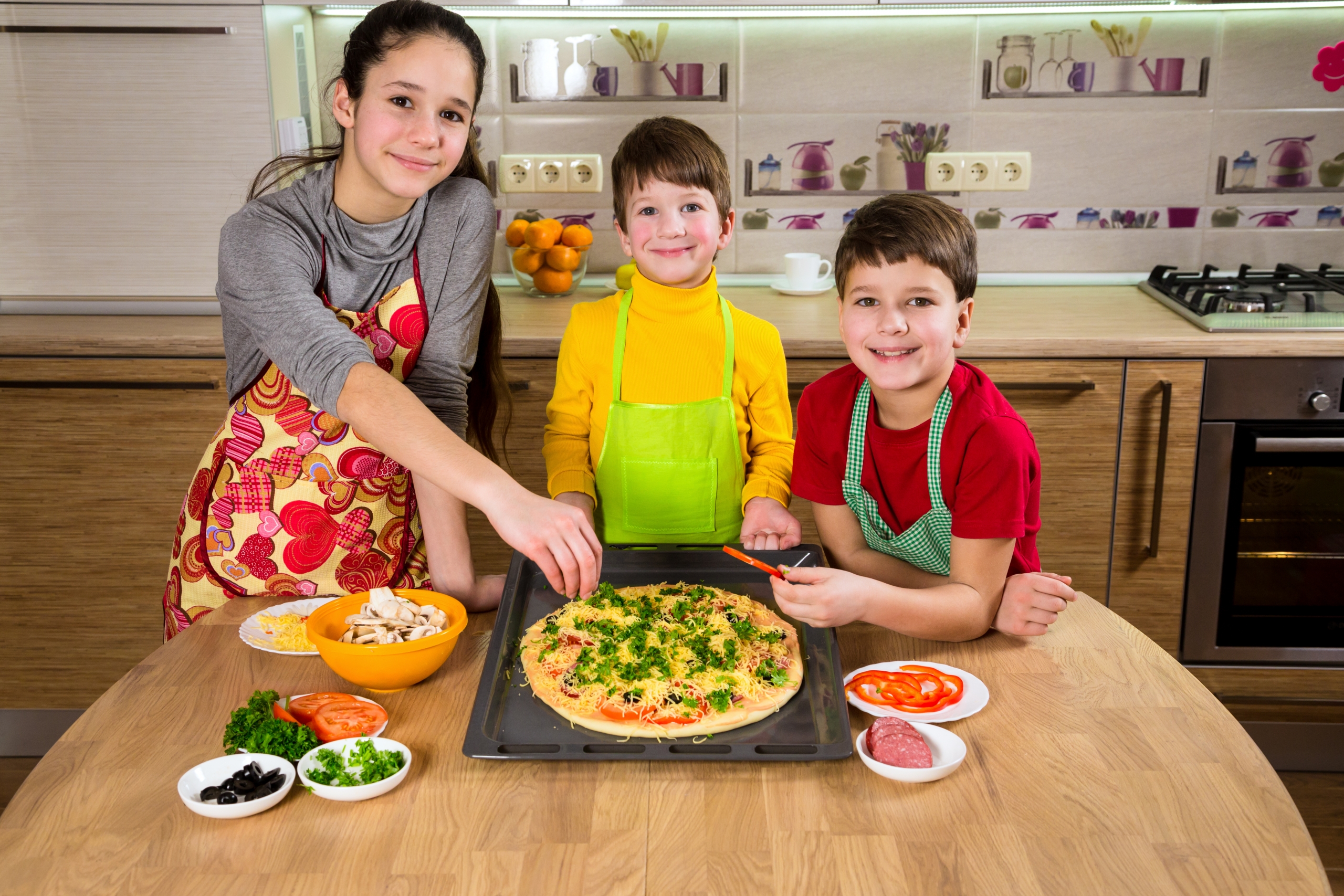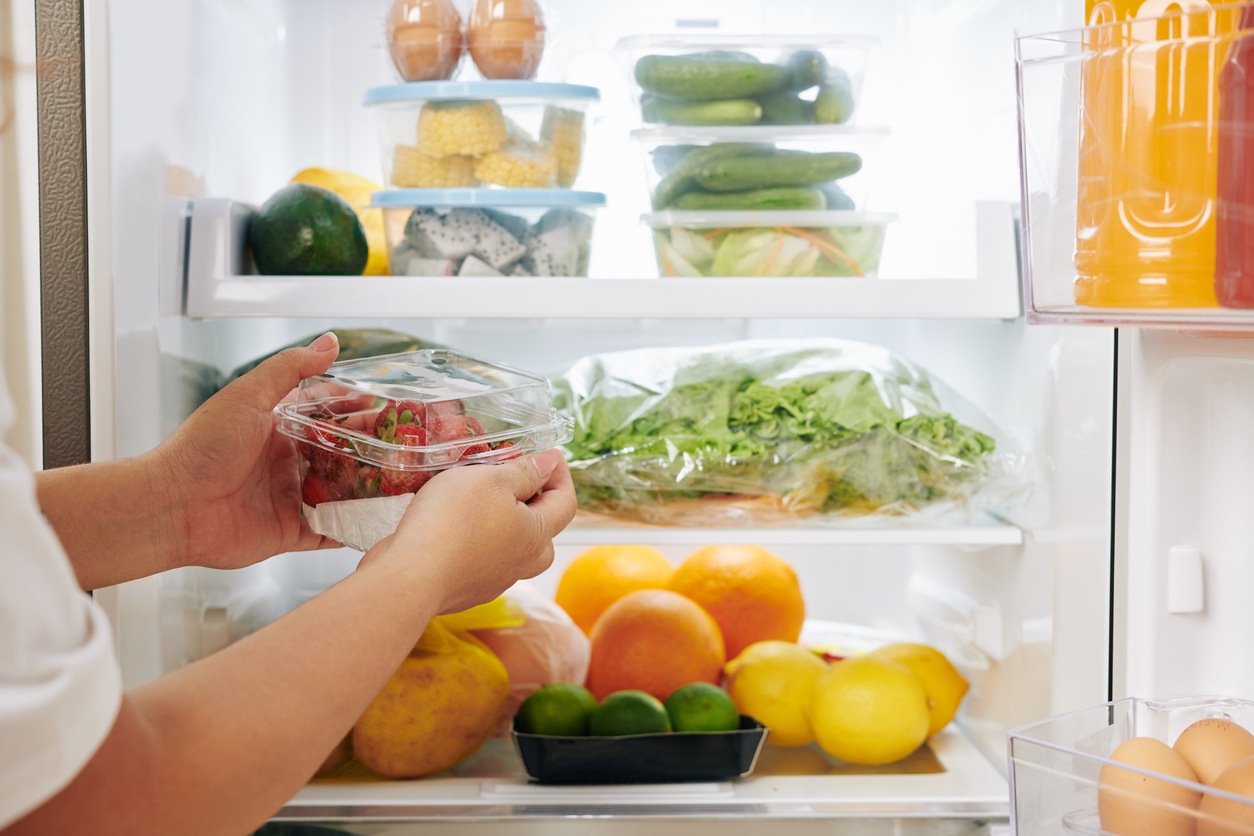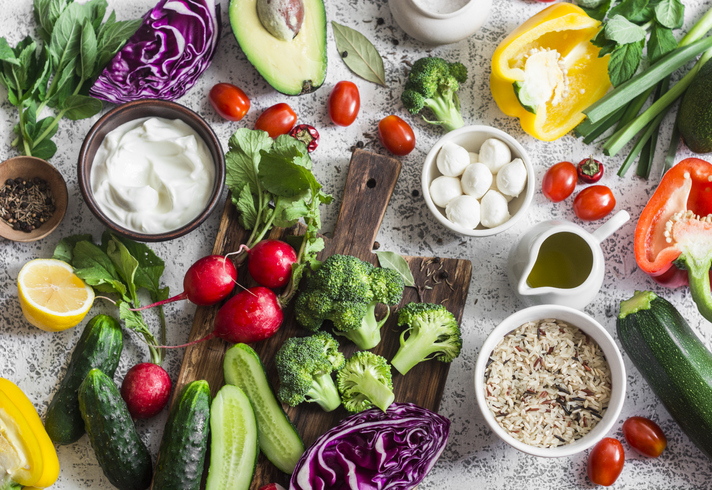
Kids Can Cook!
By Nicole Fetterly, RD
As a campus dietitian and nutrition instructor, I have encountered thousands of students in the first-time-living-away-from-home stage of their life. Although they come from so many different places and backgrounds, one thing that is all too common among them is they do not know how to eat well. Most have never selected or shopped for their groceries and they lack cooking skills, and this leads to ultra-processed, convenient food choices that cannot support their health or academic goals.
Setting children up for a lifetime of success in the realm of nutrition and health is all about building food literacy from the youngest age. The more they learn about growing, selecting and cooking their food, the better eaters they will be. Get them involved in grocery shopping, gardening and cooking as soon as possible. Although it takes some effort at the start, in terms of giving them learning opportunities rather than doing it more quickly by yourself, the pay off is exponential! At age 11, my daughter can now make our family a day’s worth of meals, with very little support, and my son, at age 8, is constantly inspired by new recipes like his latest foray into Brazilian cheese buns. Yes, their mom is a dietitian and food writer so good food is a big focus in our family, but anybody can help build food literacy.
Here are some of the kitchen skills children are capable of by age or in terms of learning sequence:
Two and three year olds are learning to use the large muscles in their arms and can help with these activities:
- Wiping table & counter tops
- Moving pre-measured ingredients from one place to another
- Rinsing and tearing leafy greens
- Mixing ingredients (use an extra-large bowl to contain mess)
- Kneading dough and simple shaping
- Putting scraps in the compost and trash in the garbage can
Four and five year olds are learning to control smaller muscles in their fingers. Offer experiences such as:
- Setting the table
- Mashing soft fruits (bananas) and cooked vegetables with a fork
- Forming rounds shapes with hands and arranging platters
- Measuring ingredients
- Peeling loose-skinned oranges and hard-cooked eggs
- Beating eggs with a whisk
Six to eight year olds are learning more responsibility, literacy and dexterity and can get involved in:
- Making grocery lists
- Learning to use small knives with supervision (start with softer items to cut)
- Clearing the table and loading the dishwasher
- Making simple dishes like sandwiches, quesadillas, nachos, scrambled eggs
- Filling muffin cups
Eight to twelve year olds should be gaining the skills to cook relatively independently, with supervision for use of the stove and large, sharp knives. Encourage them to select recipes to try and get them packing their own lunches. Have them help create the meal plan and grocery list for the week and eventually they might take responsibility for a family meal, even if it’s just a smoothie to start.
The more opportunities children are given to develop food literacy and these foundational skills, the better their relationship with food for their entire lives.



